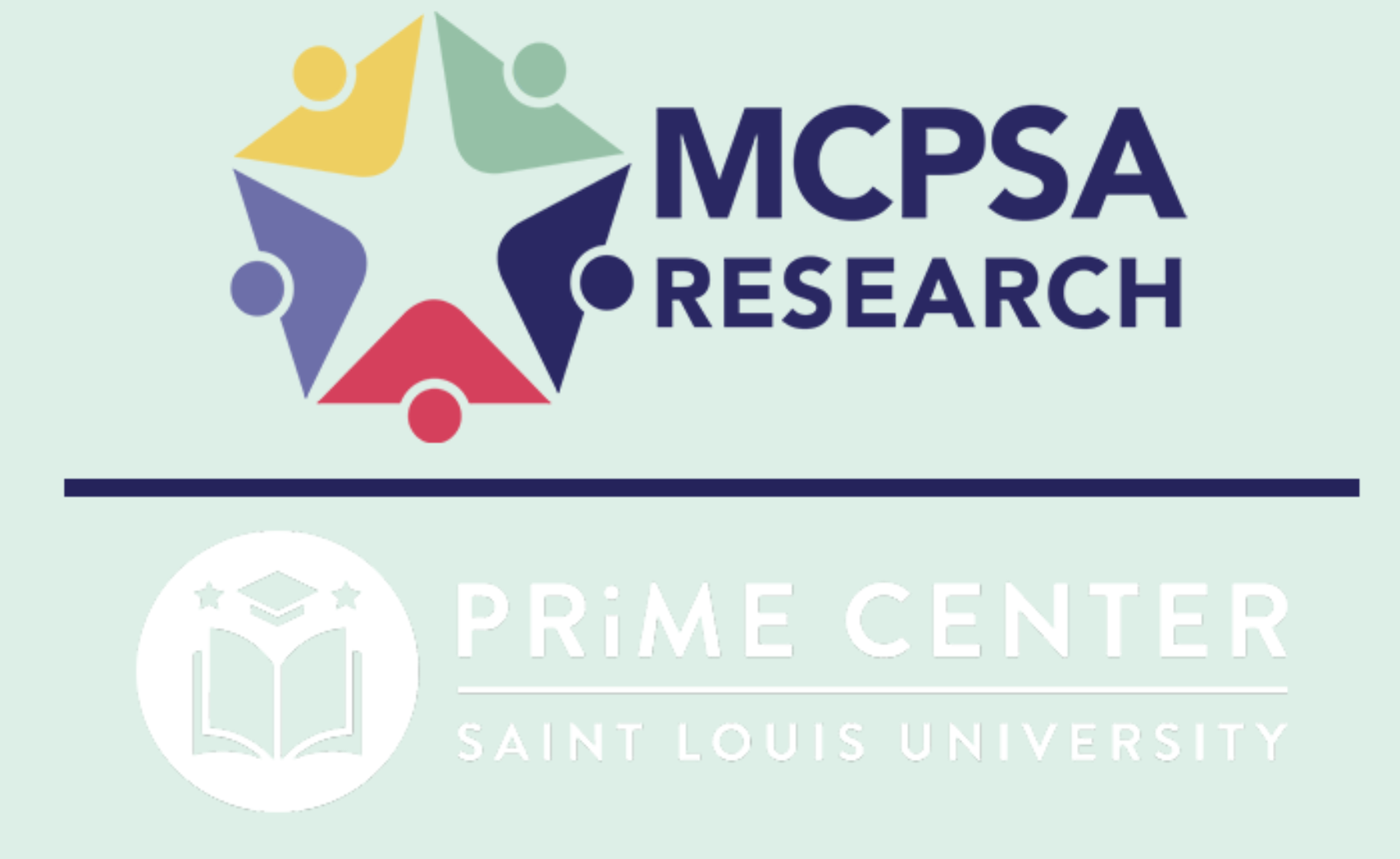Missourians Want to Pay Their Teachers More
By: Abigail Medler
Published On: May 9, 2025
The average starting teacher salary in Missouri in FY 2022–23 was $36,829, which ranked 50th in the nation. In June 2020 and August 2023, we asked voters if they believe public school teacher salaries should increase, decrease, or stay the same. In 2020, almost three quarters of respondents (74%) claimed salaries should increase, and this response increased to 81% by August 2023 (See Figure).
In 2024, Senate Bill 727 increased minimum teacher salaries from $25,000 to $40,000 starting in the 2025–26 school year. For teachers with a master’s degree and at least ten years of experience, the minimum was raised to $48,000. However, in the 2023–24 school year Missouri districts were already paying their teachers at least $31,000 and teachers in Saint Louis Public Schools (SLPS) were already making a minimum of $46,000.
This means that it was likely only newer teachers in rural districts and some teachers with a Master’s degree who saw any impact from this legislation. Furthermore, Arkansas and Tennessee, two of Missouri’s border states, raised their minimum teacher salaries to $50,000 (Arkansas in 2023 and Tennessee in 2024) further diminishing the effectiveness of the legislation to retain teachers, particularly at Missouri’s southern border.
Missouri Voters Consistently Believe Teacher Salaries Should Increase
Responses to: “Do you think that public school teacher salaries should....”
In 2020, 80% of voters supported an increase in taxes to pay teachers more and almost 75% of respondents supported paying individuals who teach difficult to staff subjects (e.g. math, science, and special education) more than teachers in easier-to-fill positions. In May 2024, Senate Bill 727 additionally allowed local school boards to differentiate salaries based on subject area in an effort to recruit and retain teachers in said subjects.





